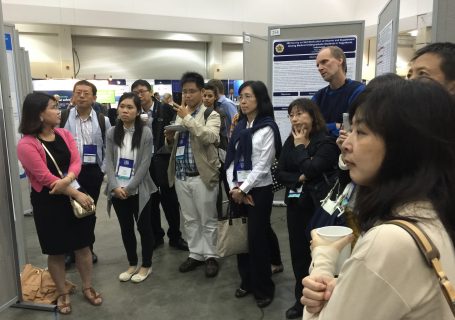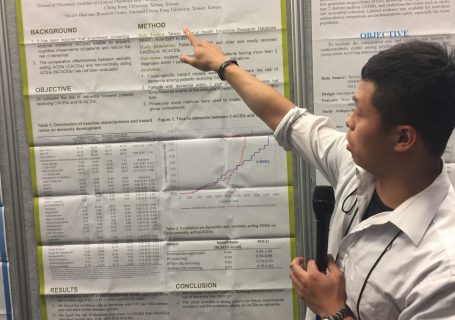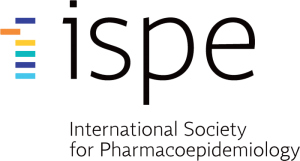New AsPEN Office and Secretary
Dear AsPEN members, Thanks very much for all your effort and support in making the AsPEN sustainable. We would like to show our appreciation to Kiyoshi and NPO DSUR Japan for the management and maintenance of AsPEN office. We specially thank our secretary, Yukari, for her wonderful organization and great assistance to make […]







